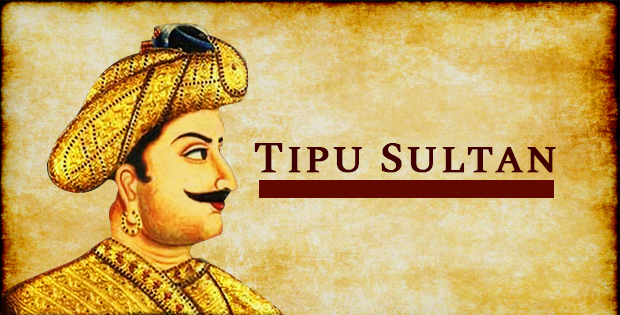Q:
Who was the first indian ruler to apply the western methods to his administration?
Answer & Explanation
Answer: B) Tipu Sultan
Explanation: Tipu Sultan was the first indian ruler to apply the western methods to his administration. Sultan Fateh Ali Sahab Tipu, also known as the Tipu Sahib, was a ruler of the Kingdom of Mysore. He was the eldest son of Sultan Hyder Ali of Mysore.

Tipu Sultan introduced a number of administrative innovations during his rule, including his coinage, a new Mauludi lunisolar calendar, and a new land revenue system which initiated the growth of the Mysore silk industry.
He was one of the few South Indian kings to provide stiff resistance to British imperialism, along with Hyder Ali. He is applauded as a ruler who fought against British colonialism. Similarly he has been a controversial figure and criticized for his atrocities against Hindus, Christians, and Mappla Muslims.
View Answer
Report Error
Discuss